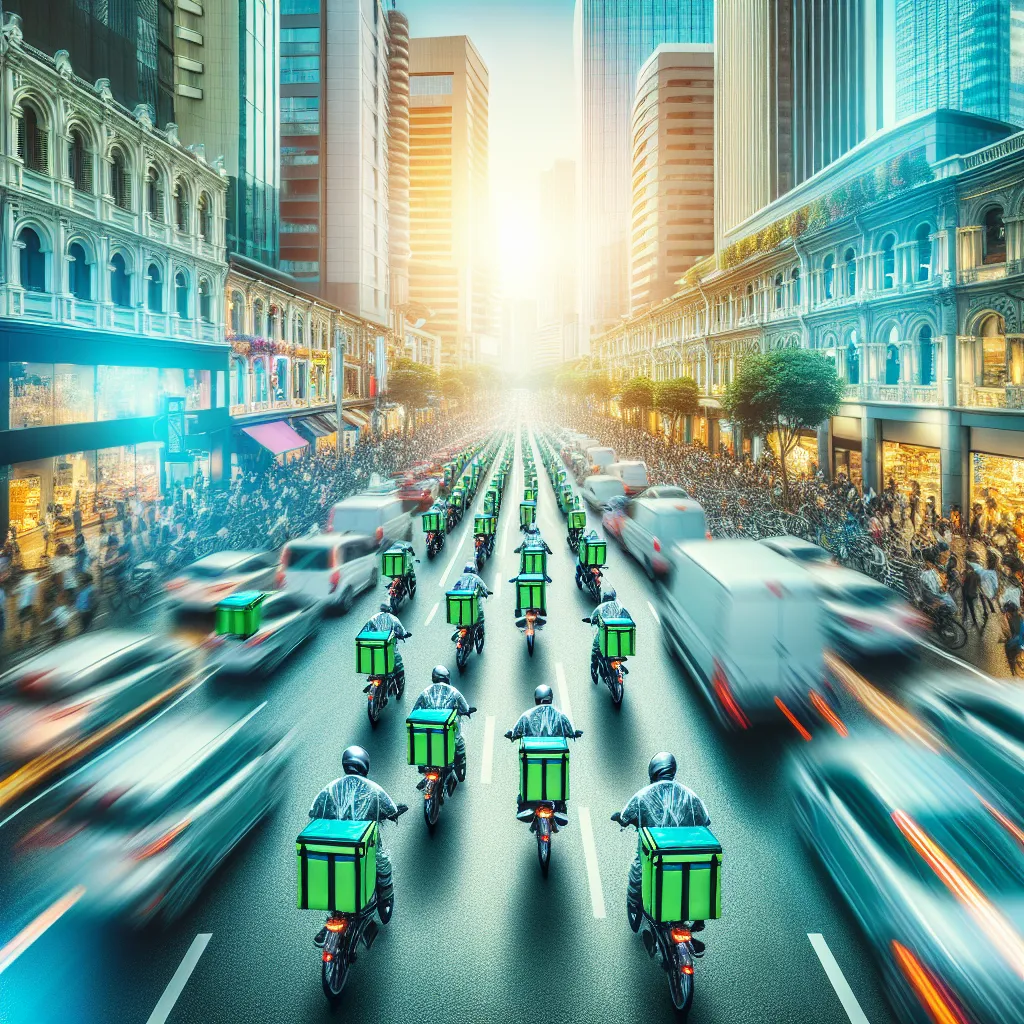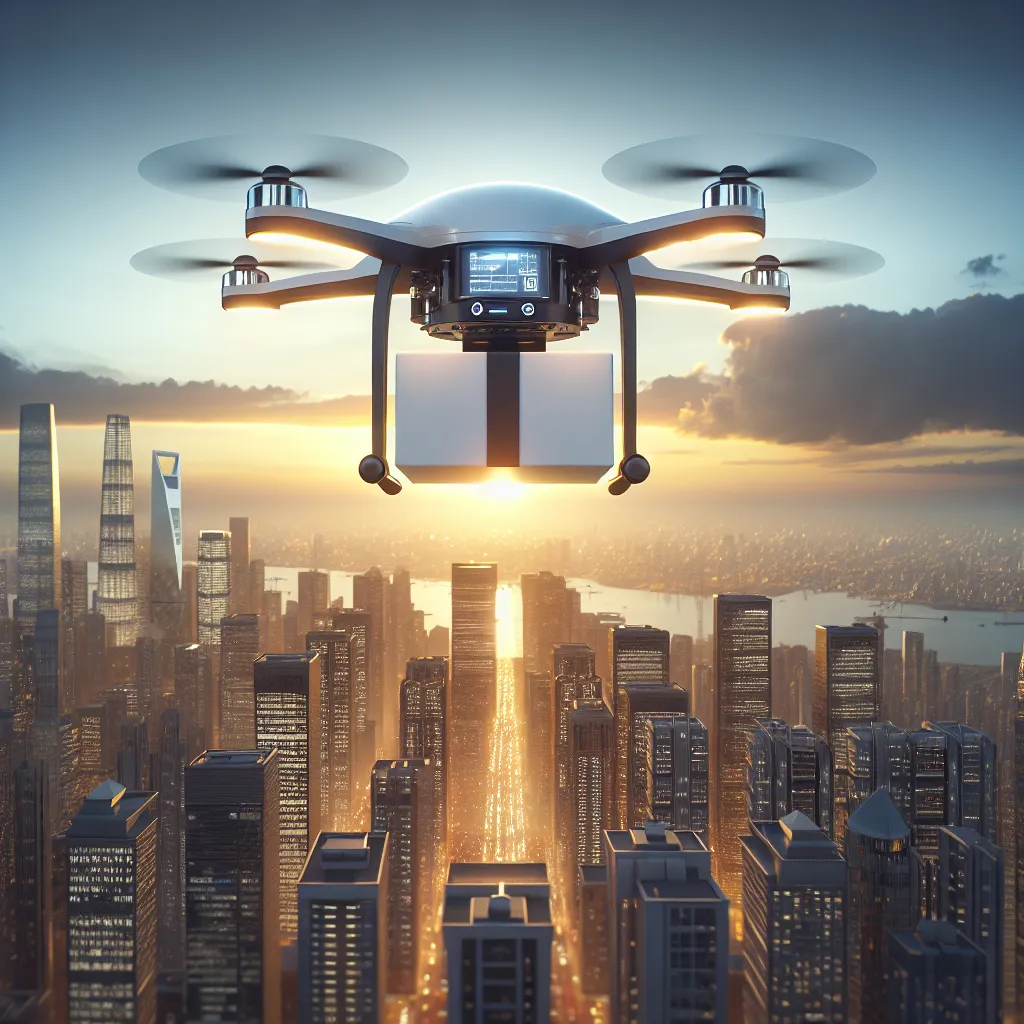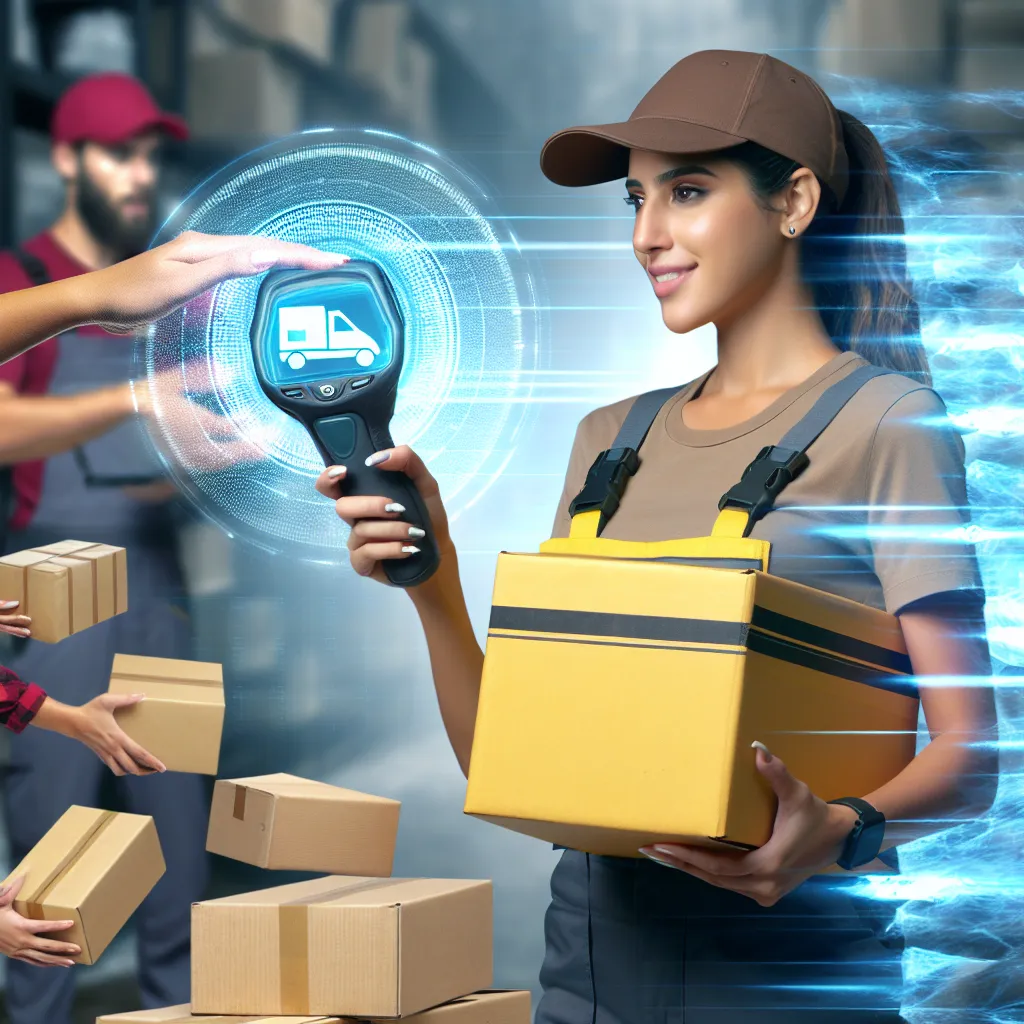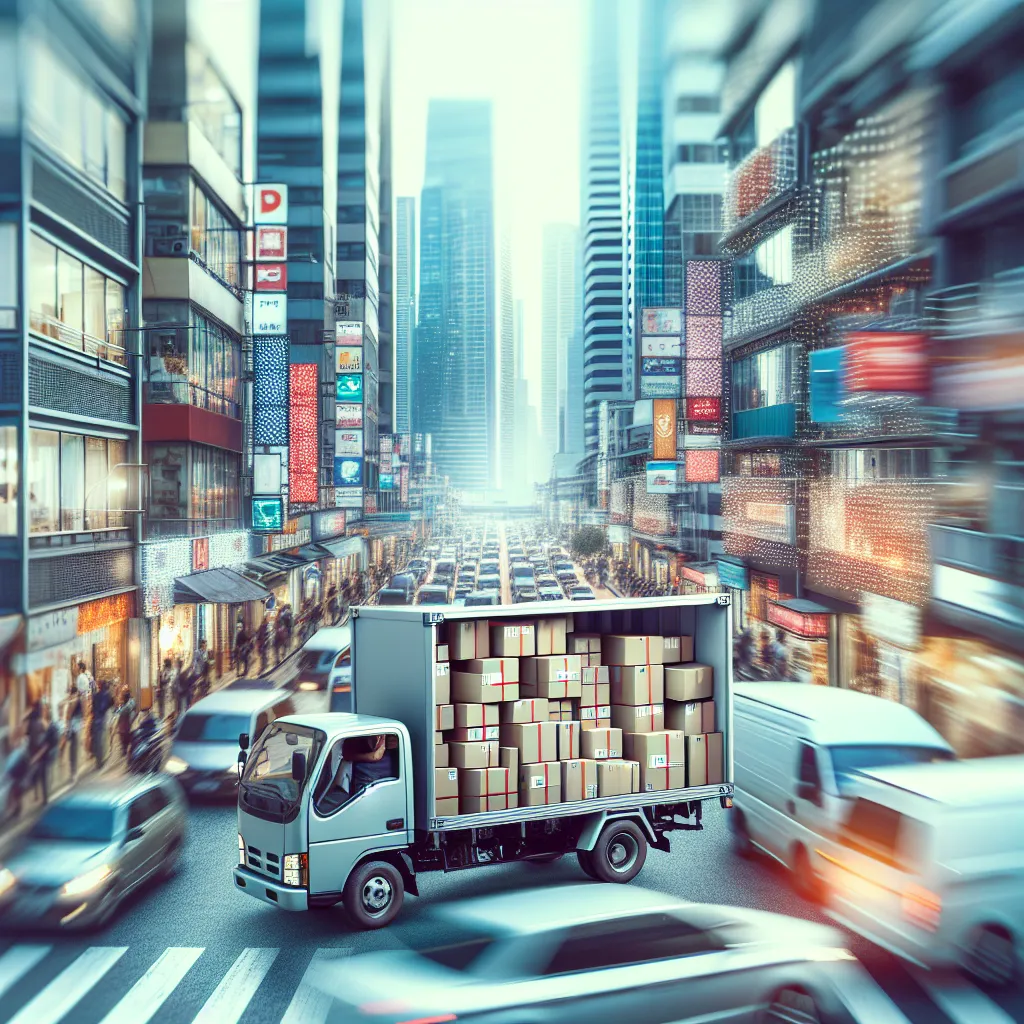Revolutionizing Last-Mile Deliveries: Drones and Autonomous Vehicles
In recent years, there has been a significant shift in the last-mile courier delivery industry towards the use of advanced technologies such as drones and autonomous vehicles. This shift is revolutionizing the way deliveries are made, offering faster, more efficient, and cost-effective solutions for businesses and consumers alike. The use of drones and autonomous vehicles in last-mile deliveries is set to create a significant impact on the logistics industry, offering numerous benefits and opportunities.
One of the key aspects of revolutionizing last-mile deliveries is the use of drones. Drones have the potential to navigate through urban areas and deliver packages to customers’ doorsteps with unprecedented speed and efficiency. They can bypass traffic and other obstacles, significantly reducing delivery times and costs. Additionally, drones can access remote or hard-to-reach areas, making them particularly valuable for delivering goods to rural locations or during emergency situations.
Similarly, the use of autonomous vehicles is transforming last-mile deliveries. These vehicles, equipped with advanced navigation and sensing technologies, can efficiently transport goods to their destinations without requiring human intervention. Autonomous delivery vehicles offer a sustainable and cost-effective solution for last-mile logistics, reducing the need for traditional delivery trucks and their associated operational costs.
Furthermore, the integration of artificial intelligence (AI) and machine learning algorithms contributes to the optimization of last-mile delivery routes for drones and autonomous vehicles. These technologies enable the vehicles to adapt to dynamic delivery conditions, optimize their routes in real time, and enhance overall delivery efficiency.
In conclusion, the future of last-mile courier deliveries is being revolutionized by the introduction of drones and autonomous vehicles. These advancements offer unparalleled opportunities for businesses to streamline their delivery processes and provide customers with faster and more reliable services. As technology continues to evolve, the integration of drones and autonomous vehicles is set to play a pivotal role in reshaping the last-mile delivery landscape.
Sustainable Solutions: Electric Bikes and Urban Logistics
As the demand for last-mile courier deliveries continues to grow in urban areas, the focus on sustainable solutions becomes increasingly imperative. Electric bikes have emerged as a promising alternative to traditional delivery vehicles, offering a cost-effective and environmentally friendly mode of transportation. The compact nature of electric bikes makes them well-suited for navigating congested urban streets and narrow alleyways, allowing for efficient and timely deliveries. Additionally, the integration of urban logistics systems further optimizes delivery routes, minimizing travel distances and reducing carbon emissions.
The adoption of electric bikes in last-mile courier services not only addresses environmental concerns but also contributes to alleviating traffic congestion and enhancing overall urban livability. By leveraging technology for route optimization and tracking, logistics companies can streamline delivery operations and ensure maximum efficiency. Furthermore, the use of electric bikes presents economic advantages, as they entail lower maintenance costs and decreased reliance on fossil fuels.
In conclusion, the future of last-mile courier deliveries lies in sustainable solutions such as electric bikes and optimized urban logistics. Embracing these innovations not only promotes environmental stewardship but also enhances the effectiveness and affordability of delivery services in urban environments.
Challenges and Opportunities in Last-Mile Delivery Services
Sure, here’s a snippet for the requested article:
Challenges and Opportunities in Last-Mile Delivery Services
Last-mile delivery services play a crucial role in the e-commerce landscape, serving as the final link between businesses and consumers. However, this stage of the delivery process presents a myriad of challenges, including urban congestion, environmental concerns, and the need for efficient, cost-effective solutions. With the rise of online shopping, the demand for last-mile deliveries has surged, putting pressure on logistics companies to innovate and adapt to meet evolving customer expectations.
Feel free to let me know if you need any further assistance!




